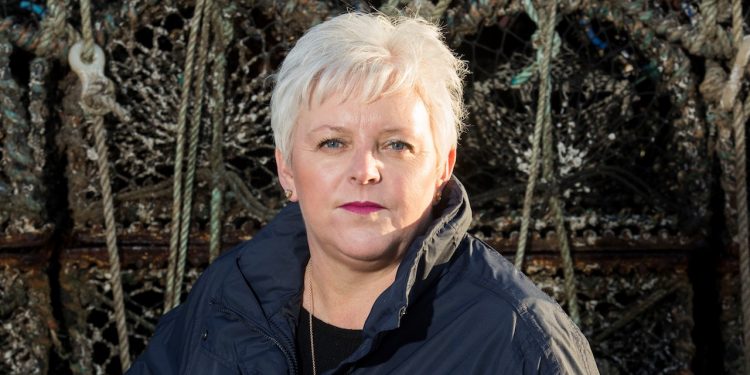The frustration within the UK seafood industry continues to grow as Britain struggles to get to grips with trading with Europe from outside the Single Market. There are numerous reports of seafood shipments reaching buyers after delays have reduced quality, or proportions of live shellfish shipments dead on arrival.
Less than two weeks into the new trading relationship, and the impacts of Brexit transition on the Scottish seafood sector have been widespread. Issues ranging from computer failures to lack of clarity on paperwork have rendered some Scottish companies’ efforts to export seafood all but impossible.
The problems encountered last week provided a strong indication of the fragility of the systems that have been introduced for exporting premium Scottish seafood to the EU, and with more companies getting back to work this week after Christmas and New Year, the problems are becoming clearer.
‘The sector is at rock-bottom and needs space to breathe. Trying to navigate the system we have at the moment is like pushing water uphill, and it is not improving. Getting anything out of the UK into the EU is being achieved by luck rather than design. In the meantime, businesses that have been operating for generations, the people that work for them, and their families and communities are bearing the brunt of the issues,’ said Seafood Scotland chief executive Donna Fordyce.
‘Everyone has their sleeves rolled up desperately trying to help companies meet the requirements for export, but at the heart of it, the UK system needs fixed. This cannot be done while it is live. This was inevitable, given such a complicated process was put together at the last minute. With some breathing space, the system can be fixed and rebooted, and companies will then be able to keep moving.’
40-50% price drop
Many species of Scottish seafood have seen a market price drop of around 40-50% this week as processors and intermediaries are not buying while there is no guaranteed of being able to get seafood to EU customers.
Prices have dropped by up to 80% in some instances, although this is stabilising simply because there is less fish being landed.
The main species affected are those popular in European markets – coley, megrim, whiting, monkfish, hake, ling, and highly perishable premium shellfish.
‘We are calling, once again, upon the UK and EU to grant companies a six-month grace period in relation to the raft of new paperwork they are now required to complete. Administrative errors are a major contributing factor to the current chaos and this six-month window will allow the systems that process the paperwork to be fixed and tested while not in live operation. The grace period will also allow companies to fully familiarise themselves with the new regulations so that human errors become less prevalent and we are working hard to support this via a series of webinars and one-to-one education sessions. We have been requesting this grace period for months but now it really is the only way to keep the sector afloat, allowing the issues currently frustrating trade to be resolved while still allowing product to flow.’
Fleet tied up
Around a third of the Scottish fleet is currently tied up, while some boats that are still fishing are redirecting their catch landing to Denmark, where it can more easily progress to European markets as there is little or no demand in Scotland with the current crisis.
‘This means that the Scottish processing sector, which employs around 10,000 people, is completely missed out of the equation. We need to get these boats back landing in Scotland ASAP and we need the processors back operational and selling seafood into the EU in order to do this,’ Donna Fordyce said.
‘The industry is working together with Government (UK and Scottish) to try to resolve problems throughout the supply chain. No one party can fix this issue overnight, but losses for the sector are mounting, and the situation is urgent. We have days to fix it – not weeks.’









